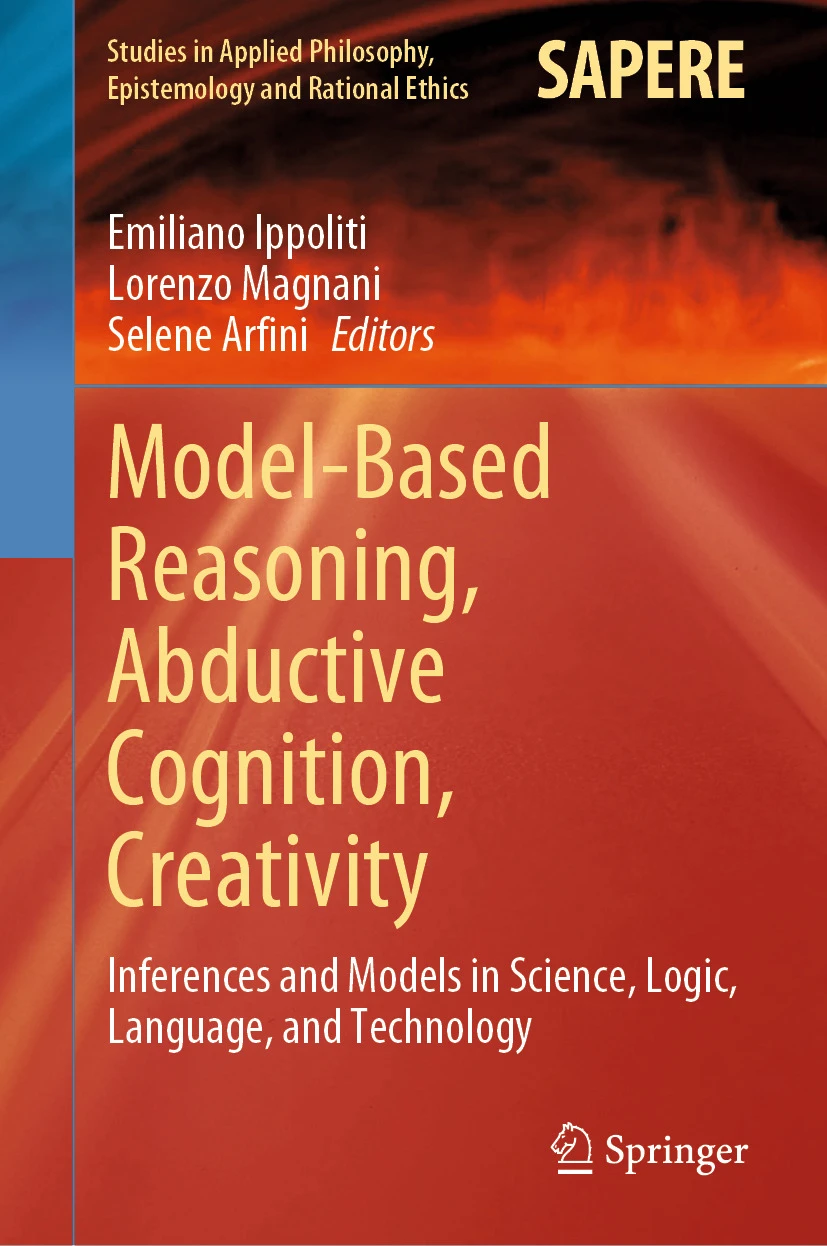
Two Dogmas of Trustworthy AI
Em: Model-Based Reasoning, Abductive Cognition, Creativity.
Editor: Springer, Cham
Páginas: 163–178
DOI: https://doi.org/10.1007/978-3-031-69300-7_10
Resumo:
The notion of Trustworthy Artificial Intelligence (TAI) has increasingly gained prominence in discussions on the ethical deployment of AI systems, and it is playing a foundational role in the European strategy for regulating AI. However, doubts have been raised about the applicability of the notions of trust and trustworthiness to AI systems. In particular, it has been argued that trust is inherently tied to paradigmatically human features, which AI systems lack. Our aim here is twofold. First, we argue that this objection is grounded in two separate unwarranted assumptions: one concerning the precise relationship between TAI and interpersonal trust, and the other regarding the literal use of trust in AI. Second, we show that by relinquishing either of these assumptions, there are two distinct ways to address the objection, enabling a sound and meaningful ascription of trust within the context of AI systems.